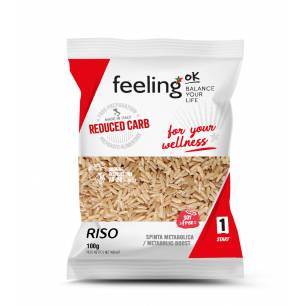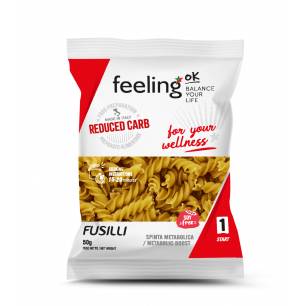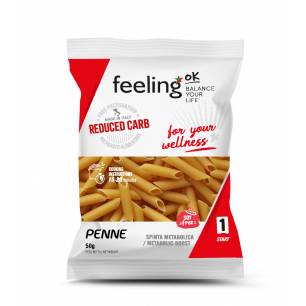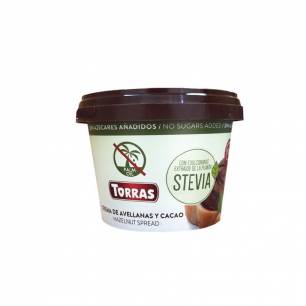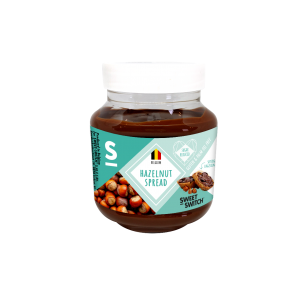

Keto diet
Keto Bread
Low carb pasta
Keto spreads
Granola keto
Snacks
What is the keto diet?
Diminishing carbohydrate consumption to the profile of fat. A diet diametrically opposed to the one we usually know and in which the carbohydrate is the king! The keto diet tends to be democratized, to be heard of him, among the stars, on the networks, throughout the world. Naturally and inevitably, it raises many controversies.
Decryption.
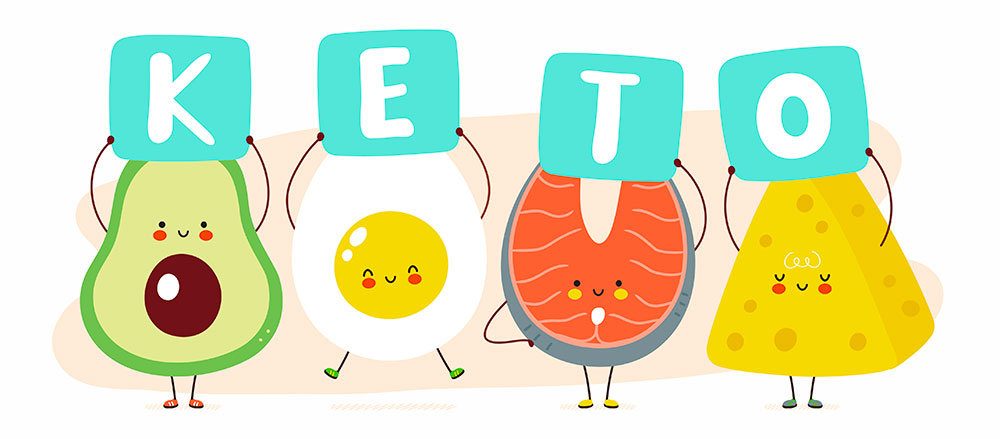
HISTORICAL
In the 1920s doctors created the keto diet or ketogenic diet, or ketogenic diet , in English, to mimic the metabolism of fasting and treat refractory epilepsy in children. The keto diet originated as medical therapy. This diet helped hundreds of patients until about the 1940s, when anti-epileptic drugs became very successful. In the 1960s, Doctor Robert Atkins popularized a version of keto: drastically reduce carbohydrates at first, and after reaching a healthy weight, increase them a bit.
Nowadays, the ketogenic diet is still prescribed to combat seizures and some other pathologies but also in a search for weight loss, mental clarity, better sports performance, better sleep quality etc. .
The KETO DIET: DECRYPTAGE
DESUTE ADVICE
Health authorities encourage us to consume 5 fruits and vegetables per day, little saturated fat while distributing our caloric intake as follows:
55% carbohydrates, 30% lipids, and 15% proteins.
At the same time, we note with horror the explosion of diabetes, obesity, metabolic diseases etc in the last fifty years.
The ketogenic diet
The ketogenic diet or keto diet consists of drastically decreasing the consumption of carbohydrates in our diet in profile of a more important consumption of fats.
The daily consumption of carbohydrates can vary between 20 and 50 g in order to produce what is called: ketone bodies". These values can, of course, vary with each individual.
The average ratio of macronutrients is therefore quite different from what we know
It is 70-80% fat (rather than 30%), 20-25% protein (rather than 15%) and 5-10% carbohydrate (rather than 55%)
This reduction in carbohydrate has the effect of allowing the body to enter a state of ketosis.
In plain terms, this is a fuel change in our body. Indeed, the latter, deprived of carbohydrates, will use the available fats and make ketone bodies as energy source . What then occurs is a reduction in glycogen (sugar) stores causing weight loss and many health benefits.
BENEFITS OF THE KETO DIET
Many scientific studies have attested for decades to the many health benefits of the ketogenic diet. Whether it is in the context of weight loss but also to treat serious diseases or to perform in sports or to lower insulin in diabetics and thus try to reverse type 2 diabetes.
3.1 The keto diet for weight loss:
The keto diet for weight loss is the benefit that boosted the democratization of this diet and made it famous. More than a dozen scientific studies agree to attest by demonstration of the effectiveness of the ketogenic diet to lose weight in contrast to a low-fat diet.
This weight loss is promoted by the natural process created by this diet:
a/ The loss of water
When one makes the transition from a high carbohydrate diet to a low carbohydrate diet, the weight loss is rapid. This initially comes from water lost when you empty the body's glycogen stores, because the glycogen stored in the muscles and liver is bound to water.
b/ The transformation of the energy source
After this transition, deprived of sugar, the body will go and draw from the stored fats to release a new energy source thus creating the "ketone bodies" mentioned above. This is the energy source of the body.
c/ Better insulin sensitivity
This low-carb diet has the effect of improving insulin sensitivity making the blood sugar spikes less severe
Also, a low-carbohydrate diet will allow you to have better insulin sensitivity, making glucose spikes less strong, which allows you to manage sugar in
the blood more effectively . This is of cardinal importance, as too high insulin and permanent or very high glucose spikes promote weight gain by storing this sugar as fat
d/ Satiety
Another reason that promotes weight loss on the keto diet is: the feeling of fullness . The foods consumed in ketogenic diet are dense and nutritionally rich, which promotes a lower consumption of calories and explains the need not to crave food all the time . This type of food promotes an increase in leptin and ghrelin , the hormones that control appetite .
3.2 The keto diet in disease treatment
Many studies have been conducted to analyze the positive effects of the ketogenic diet on many diseases .
a/ The keto diet in the treatment of type 2 diabetes or pre-diabetes
The ketogenic diet, in the context of type 1 diabetes has shown more than promising effects but which remain for the time being in its infancy. We will not mention it in this article.
With regard to type 2 diabetes, the beneficial effects of the keto diet are proven. An American study published in the journal Diabetes Therapy has thus shown that the keto diet can be beneficial in the fight against type 2 diabetes
In this study conducted on a panel of 349 people with this disease, after one year of ketogenic diet, 94% of patients on insulin decreased their dosage or stopped their treatment. The proportion of participants who stopped their treatment was 1/3.
Study source: https://www.purdue.edu/newsroom/releases/2018/Q1/published-study-reports-use-of-nutritional-ketosis-with-mobile-app-intervention-could-reverse-type-2-diabetes.html
b/: The Keto Diet Against Cancer
Many studies have highlighted that the ketogenic diet can help slow tumor growth, even stop its growth or even suppress the tumor in the best of cases. Scientific studies are also being conducted to investigate the effect of the keto diet on the sensitivity of tumors to chemotherapy.
Source: https://www.ncbi.nlm.nih.gov/pmc/articles/PMC5842847/
There are many well-documented books that address this issue. We can cite: "Fighting cancer with the ketogenic diet" by Magali Walkowicz or: "The ketogenic diet against cancer" by Prof. Ulrike Kammerer, Dr. Christina Schlatterer, Dr. Gerd Knoll in which they tend to demonstrate, with scientific studies to back it up, that "the ketogenic diet is not a "miracle diet" : it is a dietary pattern based on centuries-old scientific research and, when combined with regular physical activity, is arguably one of the best strategies against cancer today. "
c/The keto diet for epilepsy
The ketogenic diet was discovered through its results in the medical treatment of epilepsy. Ketones that are produced during long periods of fasting are associated with a reduction in epileptic seizures. When the fast is broken with carbohydrate-rich foods, the seizures reappear. The keto diet, with its low carbohydrate content, mimics this fasting state and produces ketones . Researchers are investigating other reasons to better explain why this diet reduces seizures.
d/ The keto diet vs. Alzheimer's disease
In people showing early signs of dementia, work done by the Journal of The Alzheimer's disease "showed that the keto diet could boost cognitive reflexes in a panel of people with early Alzheimer's. Beginning in the sixth week of the diet, ketones appeared in the urine and an improvement in short-term memory was noted.
Source: https://pubmed.ncbi.nlm.nih.gov/30856112/
The list of diseases is not exhaustive. Many other serious and less serious conditions are, in some cases, reduced or even completely eliminated with the ketogenic diet.
DEFAULTIES WITH THE KETO DIET?
Articles claim that the ketogenic diet would cause nutritional deficiencies especially with regard to micronutrients i.e. vitamins and minerals. Micronutrients represent the essential nutrients as they help to slow down the aging process, protect the body from diseases etc
4.1 Vitamin B deficiencies?
We can read that the keto diet would cause deficiencies in vitamins of the B group divided into seven main types (B1 (thiamine), B2 (riboflavin), B3 (niacin), B5 (pantothenic acid), B6 (pyridoxine), B7 (biotin), B9 (folate), and B12 (cyanocobalamin )
Or, the ketogenic diet is a diet in which certain foods are favored such as leafy greens, meat, fish, nuts, cheese which are families of foods that contain large amounts.
4.2 Deficiencies in vitamins A, C, K OR D?
Many keto friendly foods contain vitamin A such as Kale, broccoli, spinach, liver, beef, cheese. As for vitamin C, parsley is a good source or peppers, mint, coriander, basil, thyme, dill, Brussels sprouts or spinach. Regarding the vitamin K, many vegetables are provided (Brussels sprouts, broccoli, leafy vegetables) but also poultry, pasture meat, fish. For vitamin D, fatty fish, cheese, egg yolks, beef liver are made up of it.
4.3 Iodine deficiencies?
Essential for the proper functioning of the thyroid, iodine is found in many keto-compatible foods such as cod, cheese, eggs, tuna and salt of course.
4.4 Iron deficiencies
Good amounts of iron are also found in spinach, pumpkin seeds, eggs, broccoli, and dark chocolate.
4.5 Omega 3 deficiencies
The ketogenic diet is a diet in which fatty fish have a prominent role. We find in this category of foods, salmon, sardines which are excellent sources of omega 3 . We can also mention eggs.
4. 6 The role of electrolytes
By depriving the body of carbohydrates, the glycogen deposits are emptied, and the electrolytes leave with it, as these deposits are made up of one part glycogen and three parts water (this is one of the reasons by which we feel more thirsty when following a keto diet)
The electrolytes are magnesium, potassium and sodium .
When, despite a balanced and varied keto diet, deficiencies can occur. Deficiencies due to the stress of daily life, certain intolerances or certain foods that we do not consume because they are simply not to our taste, yet rich in electrolytes.
A balanced ketogenic diet should therefore allow us to have an adequate level of electrolytes, thus avoiding any imbalance in these minerals so important otherwise alternatives exist in supplementation.
"
Nos recettes
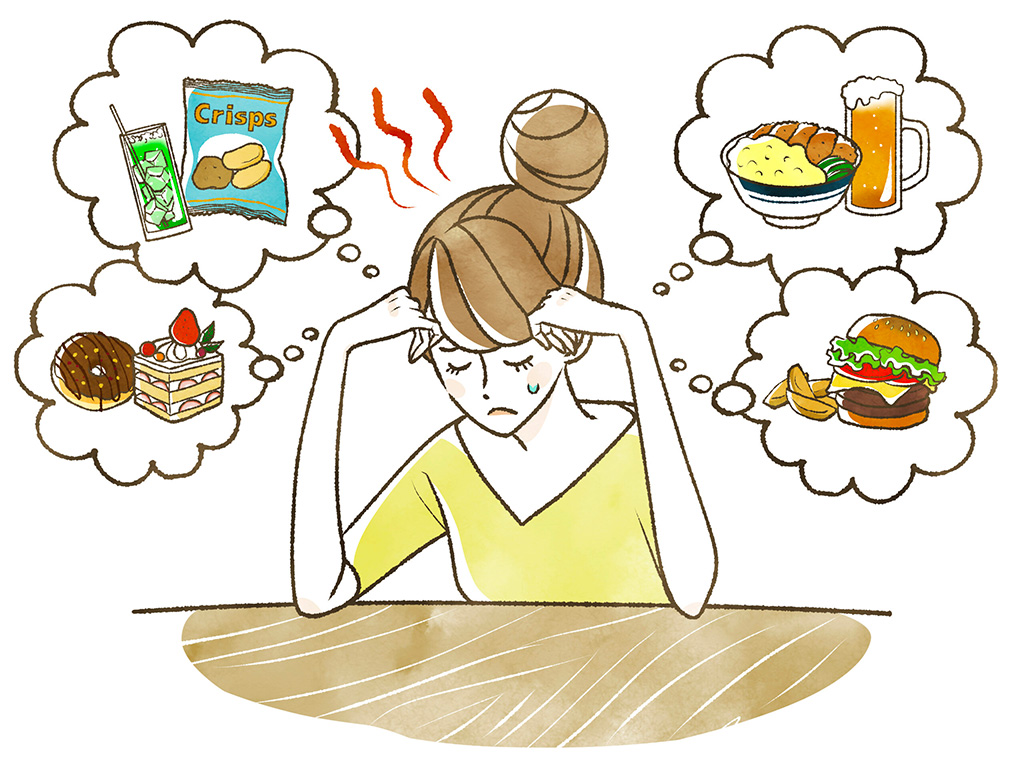
Keto diet : The Forbidden Foods
The keto (=ketogenic) diet is based on a drastic reduction of carbs, which can range from 50 grams [1] [2] [3]up to zero (carnivorous diet). Managing one's carbohydrate intake is therefore essential to be able to reach the state of ketosis. One can also have a low-carb diet, which can go as low as 130 carbs per day.
Keto diet: foods to avoid
To properly follow a ketogenic diet, there are certain foods to avoid given their carbohydrate content. These include (carb count is always per 100 grams of product):
Starchy foods
Foods such as beans (41 grams of carbohydrates, excluding green beans, which have only 7), peas (61 grams per 100 grams on average, excluding peas, which have about 9 to 10 grams), lentils (20 grams per 100 grams).
However, alternatives exist such as low-carb pasta and derivatives such as risoni.
Cereals and their derivatives
The rice(around 77 grams), corn (19 grams), wheat (28 grams of carbohydrates), barley (73 grams), millet (63 grams), oats (66 grams), seigle (61 grams) and derivatives such as pasta (this can vary from 30 to 70 grams per 100 grams of product depending on the type of pasta chosen, how it is cooked and if it is a prepared dish), cereal bars or breakfast cereals, bread (about 49 grams, it varies depending on the type of flour used), bagels (same amount as bread), tortilla style patties(20 grams in one patty)and baked goods in general (a muffin, for example, has 46 grams of carbohydrates).
Keto alternatives exist for tortillas, the bread and the baked goods
High-carbohydrate vegetables
Vegetables that contain more digestible carbohydrates than fiber should be limited in a ketogenic diet. These include potatoes(15 grams), sweet potatoes (17 grams), panais (13 grams), and the squash family (about 14 grams, except spaghetti squash, at 7 grams). Other vegetables, such as onion, carrots, celeriac (all at 7 grams of carbohydrates) should be eaten in moderation so as not to exceed daily macros.
Fruits
Also limit fruits high in sugar. Foods such as bananas (20 grams), grapes (16 grams), mango (13 grams), pineapple, kiwi, apples, pears (12 grams each) or oranges, cherries, watermelon and mandarines (10 grams), abrics (9 grams) raise blood sugar easily. Other fruits to avoid or eat in moderation are melon and plums (7 grams), as well as dates (75 grams) and dried fruits such as prunes (64 grams), and any candied fruit.
Sweetened beverages and alcohol
Any type of sweetened beverage, such as sodas (a can of Coca-Cola, for example, has 37 grams of carbohydrates), fruit juice with or without sugar (depending on the brand it varies, but it can range from 10 grams per 100 ml for a sugar-free orange juice to 20 or 25 grams if there is added sugar), sugared lemonades, sirops, are a highly concentrated source of carbs and easily raise blood sugar. Consider that a standard-sized glass contains 200/220 ml. Consumption of sugar-free sodas is also not recommended, as artificial sweeteners also raise blood sugar[4] and their health impact is highly controversial.
With regard to alcohol, all cocktails containing sugar or made with fruit puree should be avoided, as well as beer(between 8 and 22 grams in general depending on the brand), sweet wines and preparations that mix spirits and sweetened sodas.
There are now beers andwines without sugar.
Sugar in all its forms
Any form of sugar is not suitable for a ketogenic diet: white, red, coco, fructose, dextrose, sucrose, glucose, honey, isoglucose, maltose, inverted sugar, dextrin, maltodextrin, syrup of any type (maple or agave, among others), as well as sugar such as candy, cakes, sweetened yogurt, sugary desserts, confections, etc. Basically, avoid anything that contains any form of sugar, either simple or complex, natural or artificial. Preparations with sweeteners other than stevia, erythritol or xylitol are not recommended for the same reasons mentioned earlier regarding sodas.
Find the sweeteners that are healthy and compatible with a keto diet here.
Sauces
When buying sauces or prepared foods, pay attention to the carbohydrate content, as plenty of them are loaded with sugar. For example, a ketchup averages 26 grams of carbs per 100 grams, BBBQ sauces, 40 grams, non-homemade vinaigrettes can quickly climb to 20 grams. Watch out for sauces sojas that are not gluten free, as they can also have a high carb count.
Find here alternatives for sugar-free sauces
Vegetable Oils
Finally, processed vegetable oils should be avoided, because they are extremely inflammatory[5] [6]and alter the microbiota[7] : margarine, hydrogenated oils, partially hydrogenated oils and other trans fats, sunflower oil, from safflower, cotton, canola, soybean, grape seed and corn are all harmful to health. Trans fatty acids and processed oils are oxidized during high-temperature processing, creating free radicals. Natural trans fats, such as those found in dairy products and in the meat of grazing animals are not harmful to health.
Find the vegetable oils recommended for a healthy, ketogenic diet.
In two words
To properly follow a ketogenic dietyou need to limit your carbohydrate intake to between 0 and 50 grams of carbohydrates per day. Therefore, industrial products, such as chips, crackers, nachos, sauces, desserts, breads and the like, should be eliminated. Some foods that may be keto compatible, such as cashews (7.7 grams), for example, should be consumed in moderation. The key to keto success is to plan aheadand also to read labels well to avoid hidden carbohydrates in foods such as hams, deli meats or condiments.
[1] https://www.ncbi.nlm.nih.gov/books/NBK537084/
[2] https://academic.oup.com/ajcn/article/86/2/276/4633078
[3] https://onlinelibrary.wiley.com/doi/full/10.1111/obr.12230
[4] https://www.nature.com/articles/nature13793
[5] https://pubmed.ncbi.nlm.nih.gov/17224066/
[6] https://pubmed.ncbi.nlm.nih.gov/16841858/
[7] https://pubmed.ncbi.nlm.nih.gov/22570770/
"



















